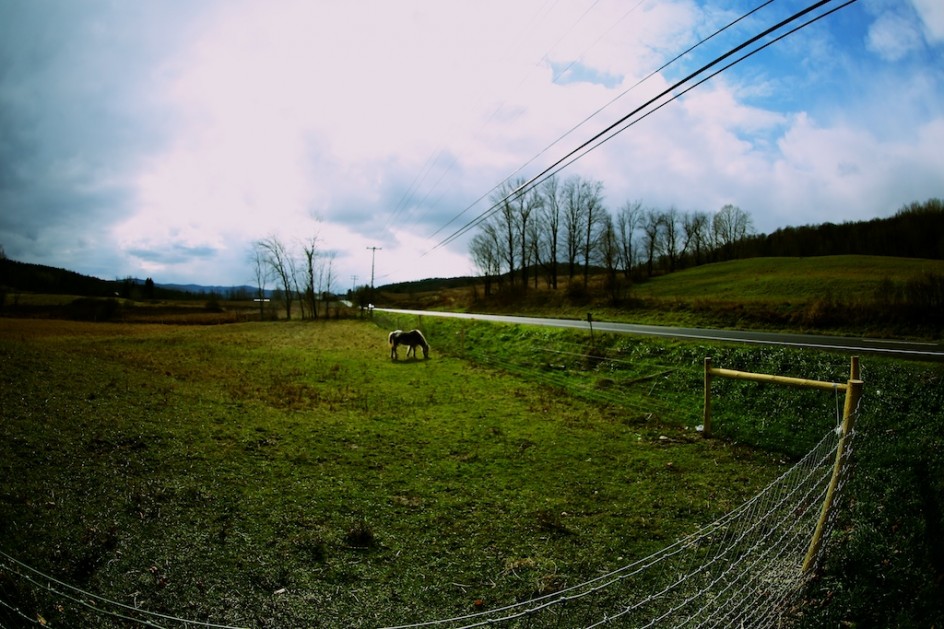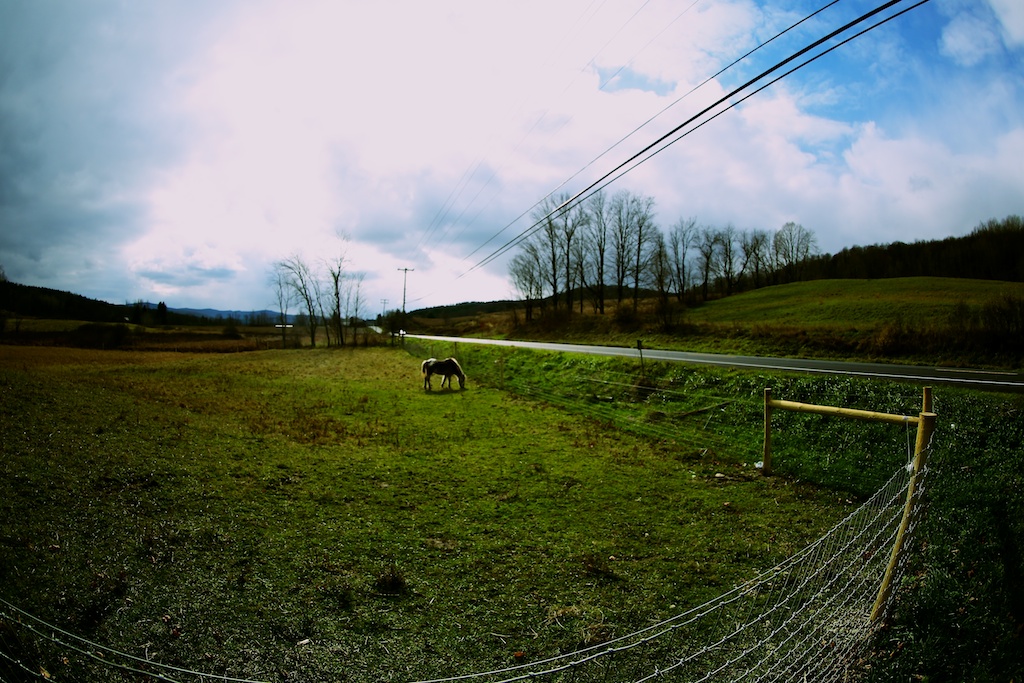
A prophet once said that if you fear the opinions of others, you will become their prisoner. Just watch cable news today. That, I think, is the drama of responsibility and judgement in the age of the Internet, a gift to the thoughtless and angry as well as the enlightened and curious.
The worst thing about the Internet, I think, is that it permits people to say things without thinking so cheaply and easily, and with so few consequences. Social media promotes the notion of black-and-white, of simple ideas and simple solutions. It is just so easy to send a message that is unfiltered by experience or reason. And then, the best thing about the Internet is that it offers the chance for real dialogue, when it is used properly. I’ve been experiencing both this week, since I wrote about the possibility that Rocky may be euthanized. It is a painful and complex situation for Maria and I. For several years, we have worked hard and lovingly to care for Rocky, tending to his growing ailments, bad feet, scraggly coat, rotten teeth and nutritional deficiences. I was startled to discover this week that many people sitting at home in front of their computers believe they love Rocky more than we do, and have a better idea than we do of what should happen to him. Many suggested that we are abusive murderers.
The upside of this new kind of community is that my Facebook page is permitting to offer a genuine dialogue with the many people who are concerned about Rocky and would like to talk about it with me about his fate. We are dealing with the better side of our angels, showing that it can be done. And many people are hungry for that, even when they disagree.
This is both hopeful and gratifying, an antidote in my mind to the poisonous nature of public dialogue visible in the political campaigns and throughout the Internet. I find that many people who love animals have grown up with a Disneyfied view of their lives. They see animals are weak and dependent and our role as human beings is to rescue and shelter them and give them perfect lives. In this view, animals never grow old or die, they just are kept going forever, in part to make us feel good about ourselves. If my life at Bedlam Farm has taught me anything, it is that the real lives of real animals are filled with loss, death, conflict and pain. I often collide with my readers in this way on my life on the farm, and the decisions I have had to make, we usually work through it. I take responsibility for this. In my work, I write romantically and personally about my animals, and it is, in a way, affirming that people feel their struggles so deeply. I am glad people care about Rocky. So do I.
I may have different ideas than some about what it means to be humane. I do not think it is humane to keep dogs in crates their whole lives so human beings can feel good about themselves. I do not think it is humane to keep a blind and struggling old pony alive because he is – in part due to me – a heartwarming and appealing story.
When I told a friend of mine about our concern for Rocky, and the fact we were beginning to think of euthanizing him, he begged me not to write about it. “People will crucify you,” he said, “just do it and say he died. Nobody would ever know.” I can’t do that, I told him. I promised when I began my blog in 2003 that I would be honest and open about my life. I will keep that end of the bargain, unpleasant as it sometimes is. It is also rewarding and ultimately self-serving, a reason the blog has grown.
So I am sharing this process of decision-making, and this one is rough. Once again, I resolve to make my own decisions, and not bow to the avalanche of other instant opinions the Internet makes possible. I am not running for office, I do not live by polls. I have a secret and honed shield (I imagine it like the one Spartacus held up in the movie) that wards off anger, judgment, self-righteousness and cruelty, the nightmare spawns of digital communications. This magic shield is essential for life in the modern world.
Once again, I evoke my ethical heroine, Hannah Arendt, the teacher, writer and moral philosopher. I don’t need to reach for my copy of “Responsibility and Judgement” any more, I know it by heart. I wish our politicians would read it, and everyone who ever sends an e-mail or puts up a post on Facebook or who ever made a decision about an animal:
“Moral conduct seems to depend primarily upon the intercourse of man and himself. He must not contradict himself by making an exception in his own favor, he must not place himself in a position in which he should have to despise himself. Morally speaking, this should be enough not only to enable him to to tell right from wrong but to do right and avoid wrong.
“It certainly is not a matter of concern with the other but with the self, not of meekness but of human dignity and even human pride. The standard is neither the love of some neighbor nor self-love, but self-respect.”
I love those words. They are thoughts to live by, in the Facebook world. All year, I have watched the people we call leaders follow – hide behind polls and marketers and refuse to say what they believed or knew to be right.
That is not going to be my fate. It is not pleasant to be attacked, but there a lot worse things that that.
One is to fail to do something I think is the right thing because we have lost the idea as a culture that people can think differently and still do right. It is, in fact, a question of human dignity, even human pride. I’ll continue to share the experience of Rocky’s dilemma. And mine. And make whatever decision Maria and I believe is right.

